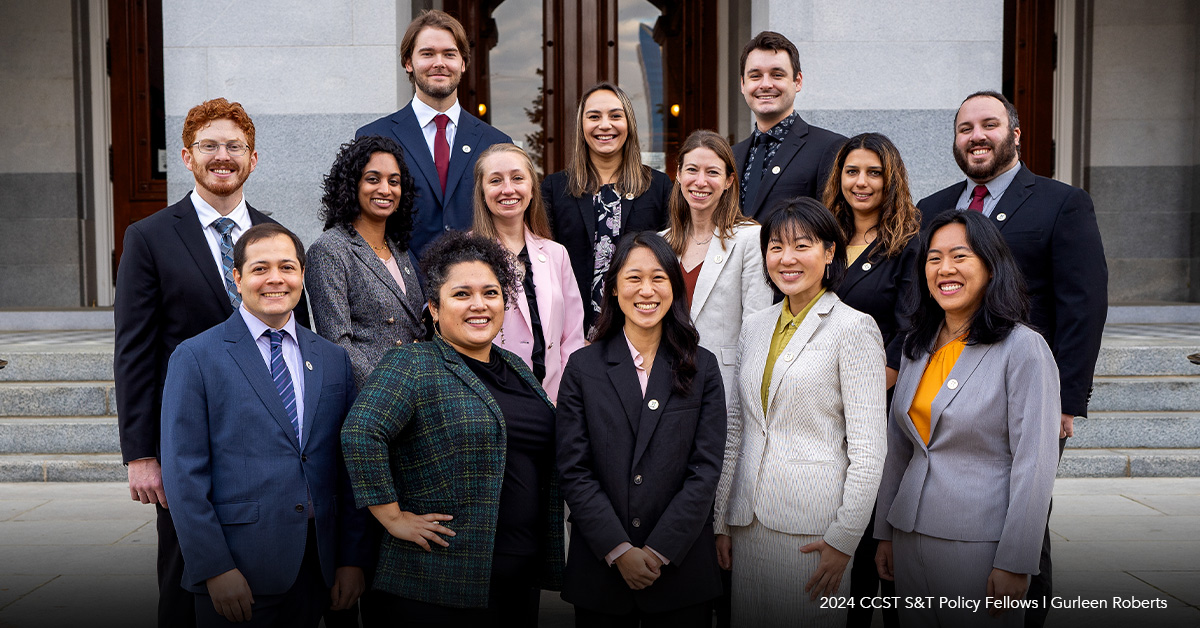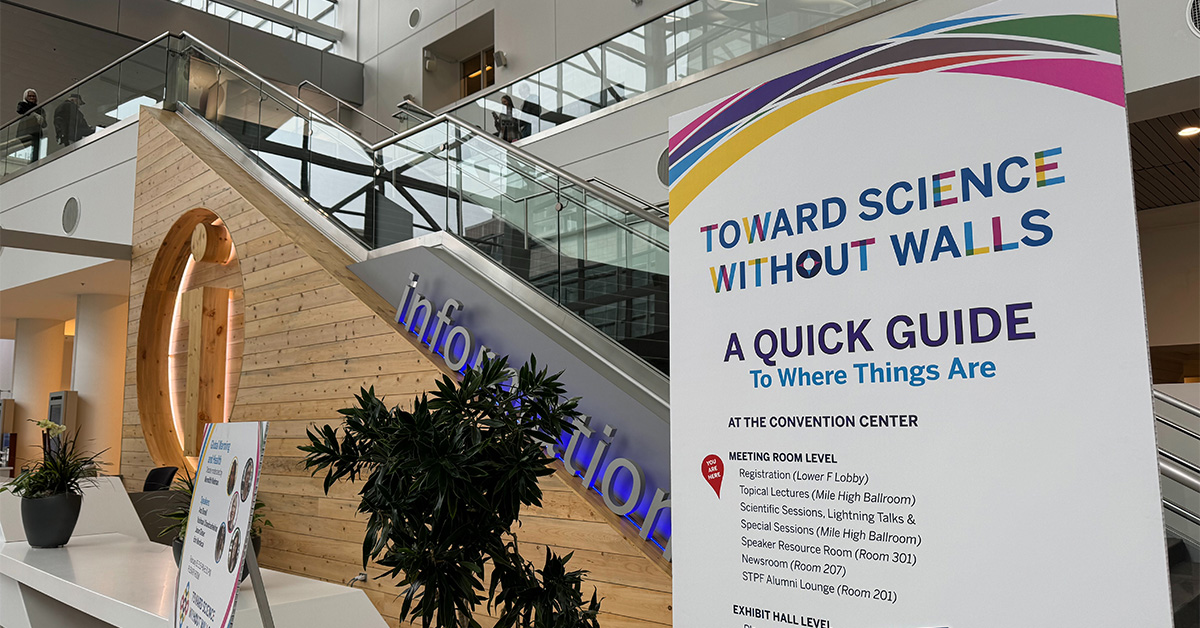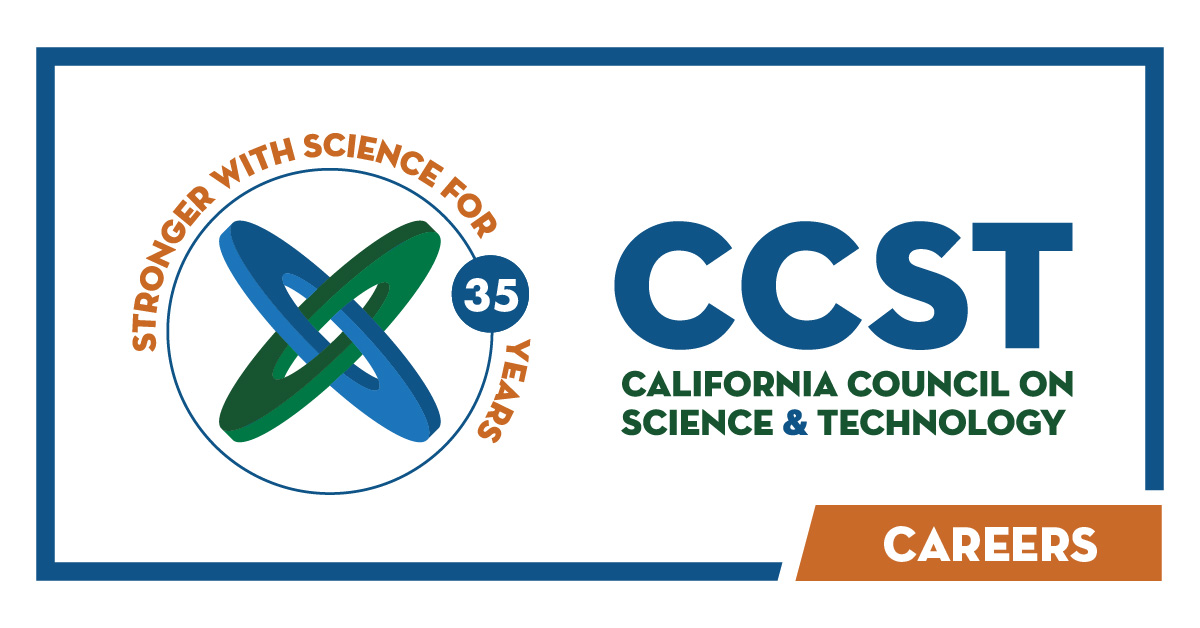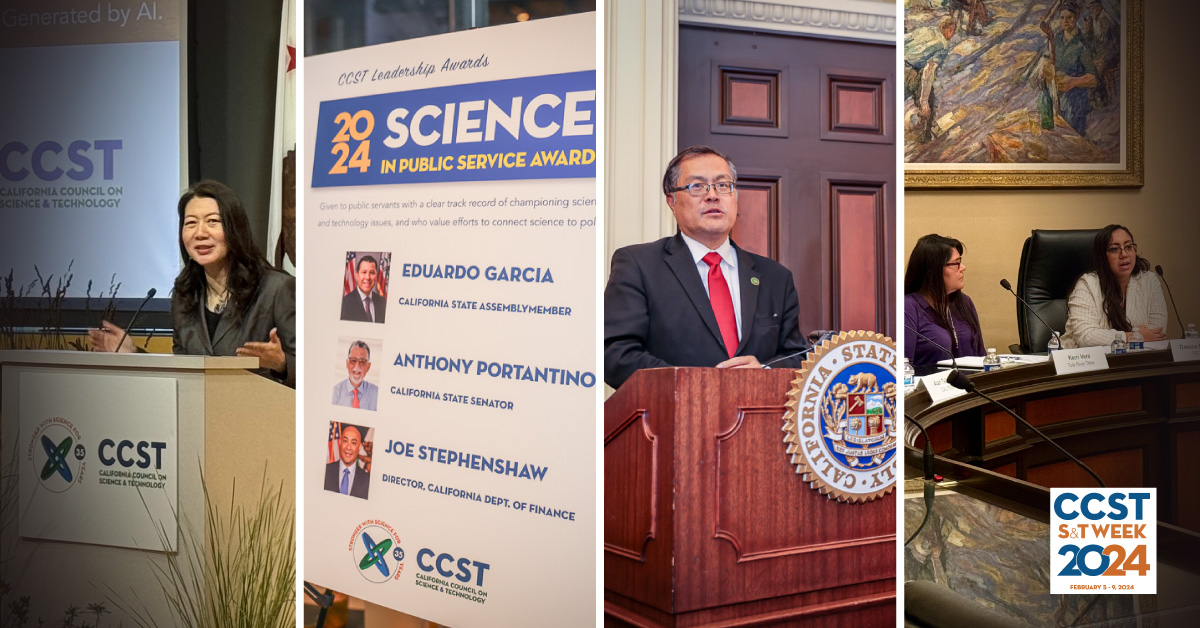Riverside Selected as Home for $366 Million California Air Resources Board Facility
April 12, 2016 | CCST Newsroom, Press Releases | Contact: M. Daniel Decillis

Riverside has been selected as the new site for the California Air Resources Board (CARB) motor vehicle and engine emissions testing and research facility, a decision that will bring a $366 million facility and more than 400 high-tech jobs to Riverside.
One of the goals of the facility is to be a National and International Center for Air Pollution and Climate Change Research and leverage synergies between CARB’s scientific and technical mission, and the academic and scientific resources of the University of California. In particular, UC Riverside’s Center for Environmental and Engineering Research and Technology (CE-CERT) has contributed important research and technology development in the air quality and clean energy fields.
“UC Riverside provides a lot of opportunities to really meet our mission of providing high value to ARB, the State, and the country,” said CCST Council Member Daniel Sperling, Distinguished Professor of Transportation Engineering and Environmental Policy, and founding Director of the Institute of Transportation Studies at the University of California, Davis and a CARB Board member.
The recommendation will now be considered by California’s Joint Legislative Budget Committee. CARB hopes to break ground on the new facility in 2017 and open in 2020. The new facility will replace a research facility in El Monte which is no longer adequate for CARB’s needs. The Riverside location was chosen over a potential site in nearby Pomona as CARB felt the Riverside location better suited CARB’s long-term research needs.
Over the next few years, CARB and UCR will pursue specific programs to build this research collaboration:
- Internships: Once CARB is fully established on the UCR campus, our undergraduate and graduate students will have unique internship opportunities directly working at the CARB facilities. It is estimated that every year, approximately five of these well-trained students will go on to directly work at CARB.
- Continuing Education: Current CARB staff will have the opportunity to take graduate level coursework in a variety of air quality and climate change classes at UCR as part of their life-long learning experience. The $1 million SCAQMD endowment pledged to UCR along with matching funds will provide staff fellowships. Additionally, CARB staff will also have the opportunity to attend UCR’s weekly seminars on air quality and climate change.
- Joint Research Programs: UCR plans to work with CARB to develop joint research programs and shared knowledge bases and research equipment in a number of areas that are of mutual interest. One proposed partnership is through the new BREATHE Center. BREATHE (Bridging Regional Ecology and Aerosolized Toxins to understand Health Effects) aims to develop multidisciplinary research projects to study the health impacts of air quality changes, such as those resulting from chronic drought, climate change, and resulting ecological change.
“With CARB moving to the UCR campus, we now have the unique opportunity to create the most preeminent joint air quality research institute, addressing not only fundamental research questions related to air quality and climate change, but also allowing us to test and deploy the latest technology in the real world,” stated Matthew Barth, Director of CE-CERT.
“Since its founding, the University of California has been a great partner to the State of California in providing real solutions to the issues we face as a state and a society,” added UC President Janet Napolitano. “I am so pleased that UC Riverside can now expand its partnership with the Air Resources Board to set the standards that will preserve our air quality for generations to come.”
M. Daniel DeCillis, PhD is the Spotlight editor and a Senior Research Associate at the California Council on Science and Technology.






